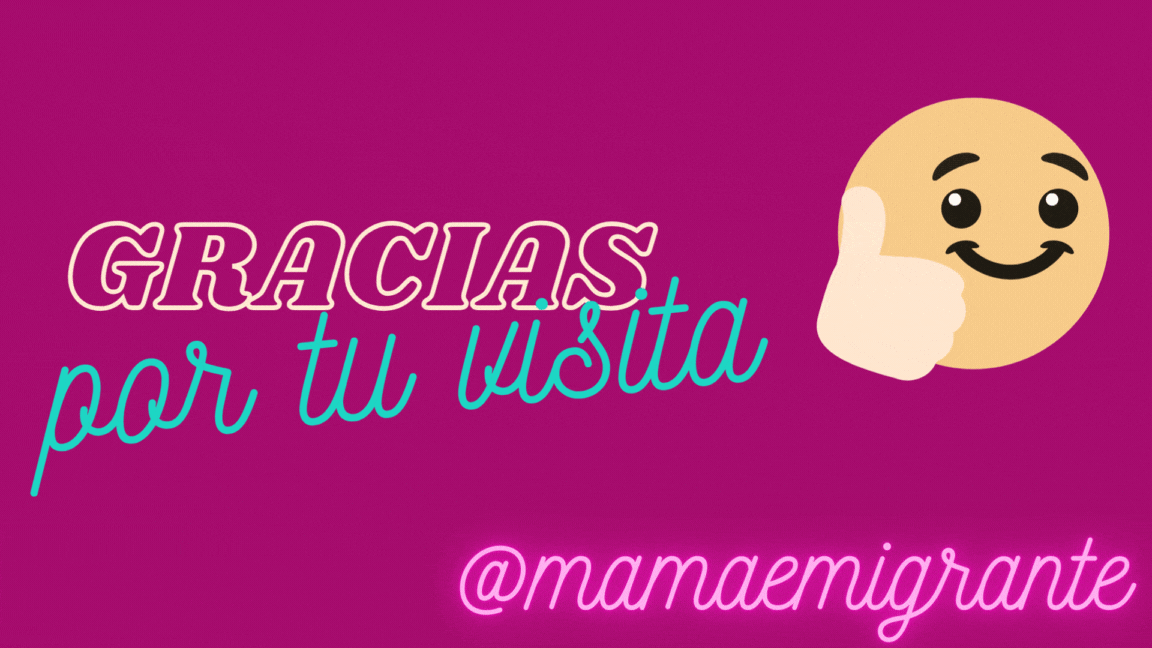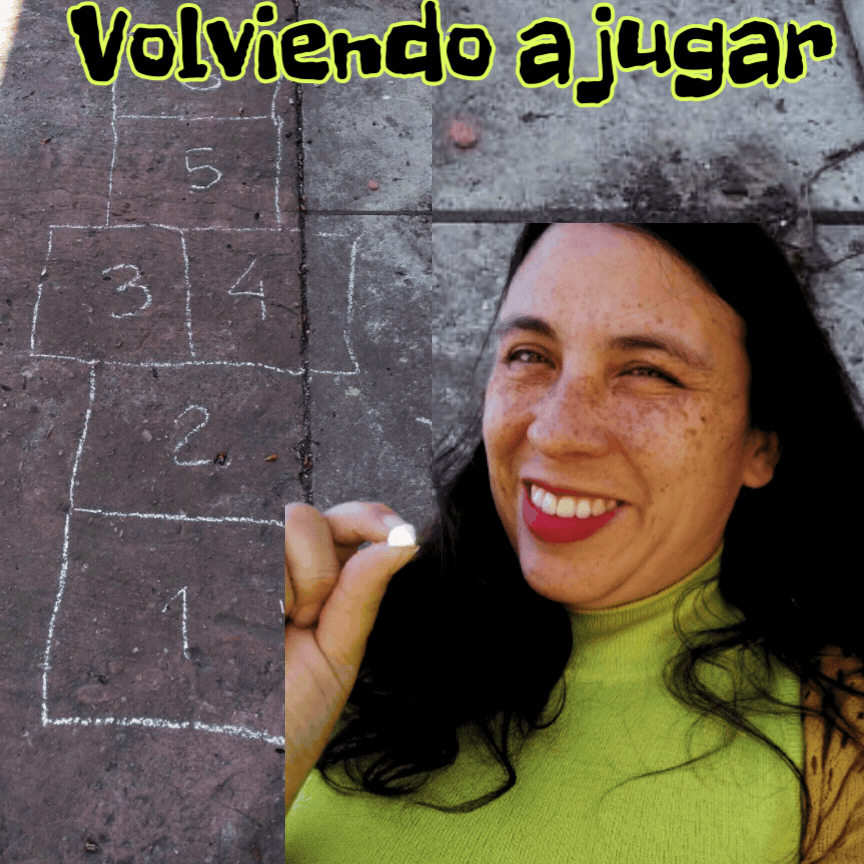
Dicen que todo tiempo pasado fue mejor, y aunque en ciertas cosas se añora esa época, soy de las que da paso a la modernidad, sin dejar de lado todo aquello que nos hizo tanto bien en el pasado.
Mi infancia fue de esas en las que se jugaba con juguetes, o con solo la imaginación, y no con aparatos eléctricos. Por eso, uno de los recuerdos que más atesoro era estar en el patio de mi escuela, con un pedacito de tiza que ya la maestra había desechado, dibujar la figura del avión y empezar a jugar.
Inclusive, había una versión que llamábamos "pisé" y que consistía en ir moviendo una piedra con el pie, mientras estábamos haciendo equlibrio para no caernos, pues el otro estaba hacia arriba. Se perdía si la piedra quedaba en la línea que dividía las losas, y se ganaba cuando luego de llegar al final te devolvías al inicio sin que eso sucediera.
Pero hoy me atreví a jugar al avión luego de muchos años de no hacerlo. Recuerdo que esto me lo enseñó mi mamá, quien también lo jugaba durante su infancia, así que pudiera decirse que es parte de una tradición familiar, que se ha perdido lamentablemente, pues los niños de ahora parecen necesitar estimulaciones de otro tipo, aunque los adultos seguimos dando la batalla para que tengan una infancia mucho más sana.
Conseguí mientras limpiaba las cosas de mi hijo mayor, un pedacito de tiza, y fue como retroceder en el tiempo, cuando al terminar de limpiar el pizarrón, la maestra nos concedía poder llevarnos al patio de juegos la tiza que quedaba al final de la clase.
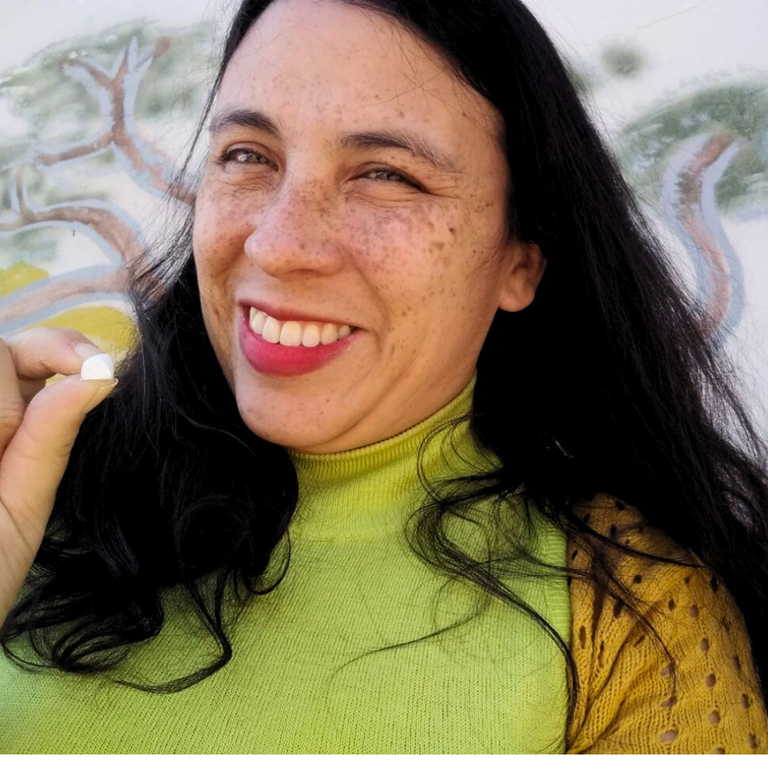
Cual niña pequeña, me fui al patio delantero de mi casa, que es un patio compartido al aire libre, y que tiene piso de cemento, ideal para hacer la figura antes de jugar.
Se hacen 6 cuadrados o casillas numeradas, en el siguiente orden: el uno y dos se colocan verticalmente, el tres y cuatro una al lado de la otra, simulando las alas del avión, mientras que el cinco y seis se colocan verticalmente, para completar la cola. En algunos casos, llevan la numeración hasta el 10, siguiendo el mismo patrón.
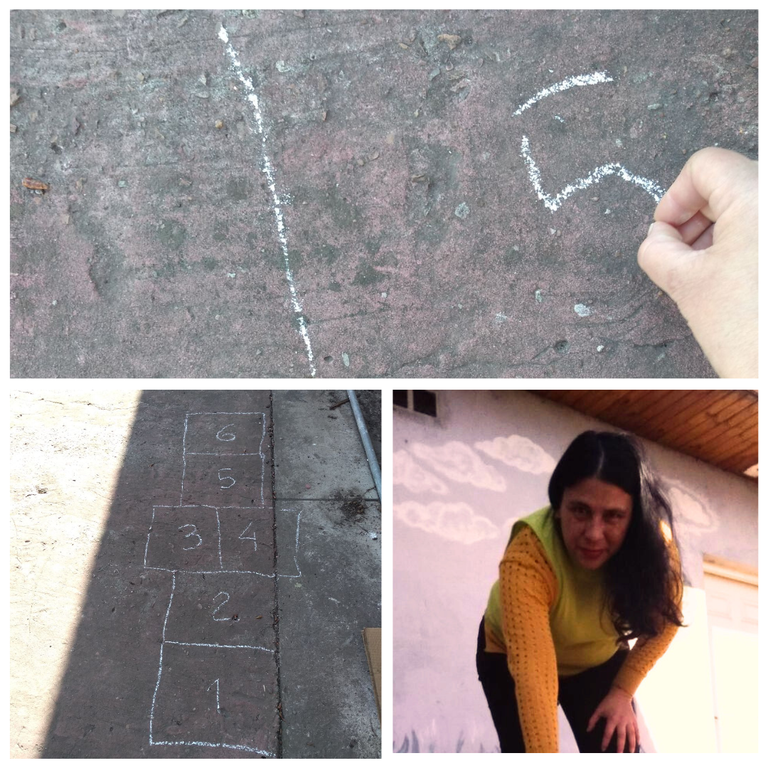
Las fichas suelen ser piedritas que se lanzan hacia el número que corresponde según el orden del turno, y que indican que esa casilla no se debe pisar.
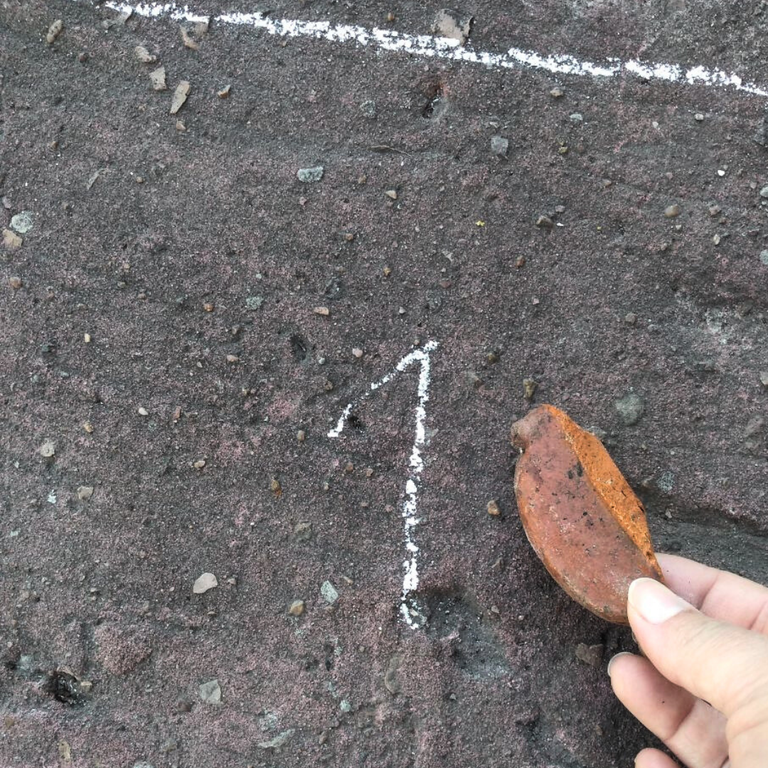
Cuando juegas en solitario es fácil seguir el patrón, pero si son varios jugadores, en algún momento se complica, ya que al coincidir fichas seguidas, los saltos que se deben dar para poder avanzar son largos, y en muchos casos, terminas siendo "bajado" del avión.
Se debe llegar hasta la última casilla, y devolverse, tomando la ficha que lanzaste al inicio para llegar a la meta, y poder volverla a lanzar en el siguiente turno.
Con este juego se trabaja el equilibrio corporal, además de la memoria, pues no solo debes saber cuál casilla ya pasaste, sino también la de tus compañeros de juego, pues siempre habrá alguno que quiera hacer trampas y avanzar más rápido.
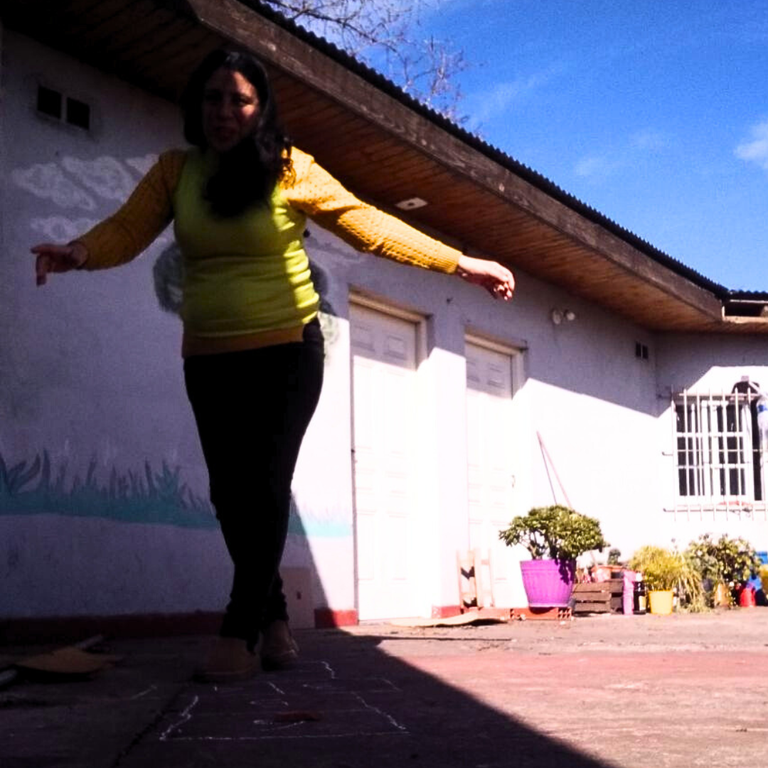
Actualmente no he visto que los niños, sobre todo las hembras que solían ser quienes más se animaban a hacerlo, le dediquen tiempo a juegos de este tipo, que realmente no tienen ningún costo monetario, pues inclusive a falta de tiza, a veces con la misma piedra que usaríamos de ficha, marcábamos la figura antes de jugar.
Considero que estos juegos no deben pasar al olvido y que de alguna forma en las escuelas y los grupos donde se reunen los niños, se motiven actividades de este tipo, que los ayuden a desarrollar su parte motora, a conocer sus capacidades corporales y que se logre un equilibrio necesario entre lo moderno y actual, con el legado que dejaron nuestros padres a nivel lúdico.
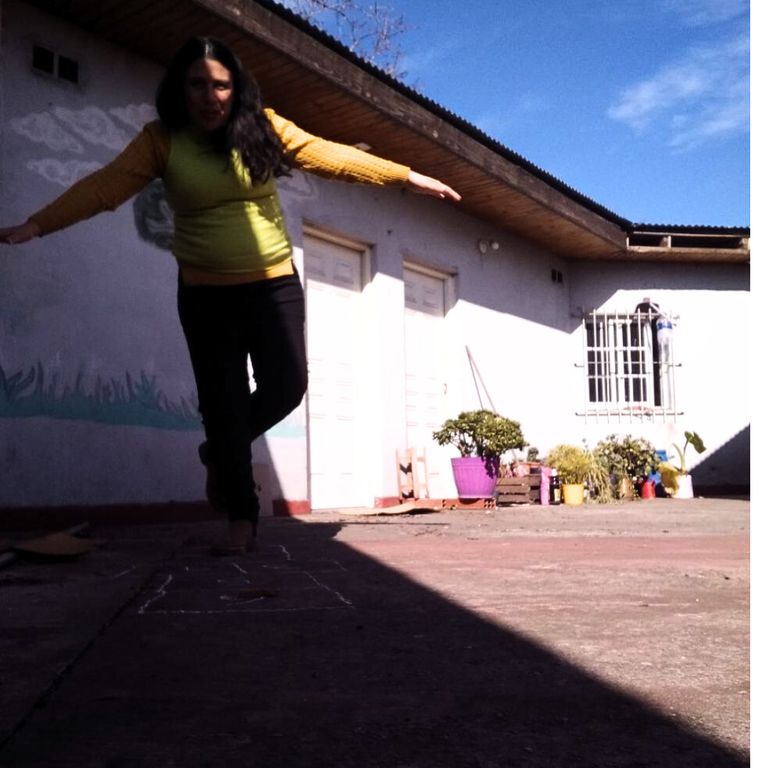
Haciendo este juego, noté como mi hijo menor se emocionaba jugando conmigo, dejando de lado su aficción por youtube y minecraft, con lo cual se nota, que aunque son de hace muchos años, estos juegos no pasan de moda.

They say that all time past was better, and even though certain things are missed from that era, I am one who embraces modernity while still keeping in mind everything that brought us so much joy in the past.
My childhood was one where we played with toys, or simply with our imagination, and not with electronic devices. That's why one of the memories I treasure the most was being in the schoolyard with a little piece of chalk that the teacher had discarded, drawing the shape of an airplane, and starting to play.
There was even a version we called "hopscotch" which involved moving a stone with your foot while balancing to avoid falling, as one foot was up in the air. You lost if the stone landed on the line dividing the tiles, and won when you managed to return to the starting point without that happening.
But today, I dared to play airplane after many years of not doing so. I remember my mother teaching me this game, which she also played in her own childhood, so it could be said that it's part of a family tradition that unfortunately has been lost, as children nowadays seem to require different types of stimulation, although adults continue to fight for them to have a much healthier childhood.
I found a little piece of chalk while cleaning my older son's things, and it felt like going back in time when, at the end of the class when the blackboard was cleaned, the teacher would allow us to take the leftover chalk to the playground.

Like a little girl, I went to the front yard of my house, which is a shared outdoor patio with a cement floor, ideal for drawing the figure before playing.
You make 6 numbered squares or boxes in the following order: numbers one and two are placed vertically, numbers three and four next to each other to resemble the wings of the airplane, while numbers five and six are placed vertically to complete the tail. In some cases, they go up to 10, following the same pattern.

The game pieces are usually small stones that are thrown onto the numbered square that corresponds to the turn order and indicate that square should not be stepped on.

When playing alone, it's easy to follow the pattern, but with multiple players, it gets complicated as the jumps that need to be made to advance are long when pieces align, and in many cases, you end up getting "knocked off" the airplane.
You must reach the last square and return, picking up the stone you threw at the beginning to reach the goal and be able to throw it again on the next turn.
This game works on body balance, as well as memory, as you not only need to remember which squares you already passed, but also your fellow players', since there will always be someone trying to cheat and move faster.

I haven't seen children, especially girls who used to be the most enthusiastic, dedicating time to play these kinds of games lately, which really have no monetary cost, as sometimes, in the absence of chalk, we would mark the shape before playing with the same stone we would use as a game piece.
I believe that these games should not be forgotten and that in some way, schools and children's groups should encourage these types of activities that help them develop their motor skills, get to know their physical abilities, and achieve a necessary balance between the modern and current, with the legacy that our parents left us in terms of play.

While playing this game, I noticed how my younger son was excited to play with me, setting aside his fondness for YouTube and Minecraft, showing that even though they are from many years ago, these games never go out of style.
Foto/Photo by: @mamaemigrante
Edición/Edited by @mamaemigrante using canva
Translated and formatted with Hive Translator by @noakmilo.
